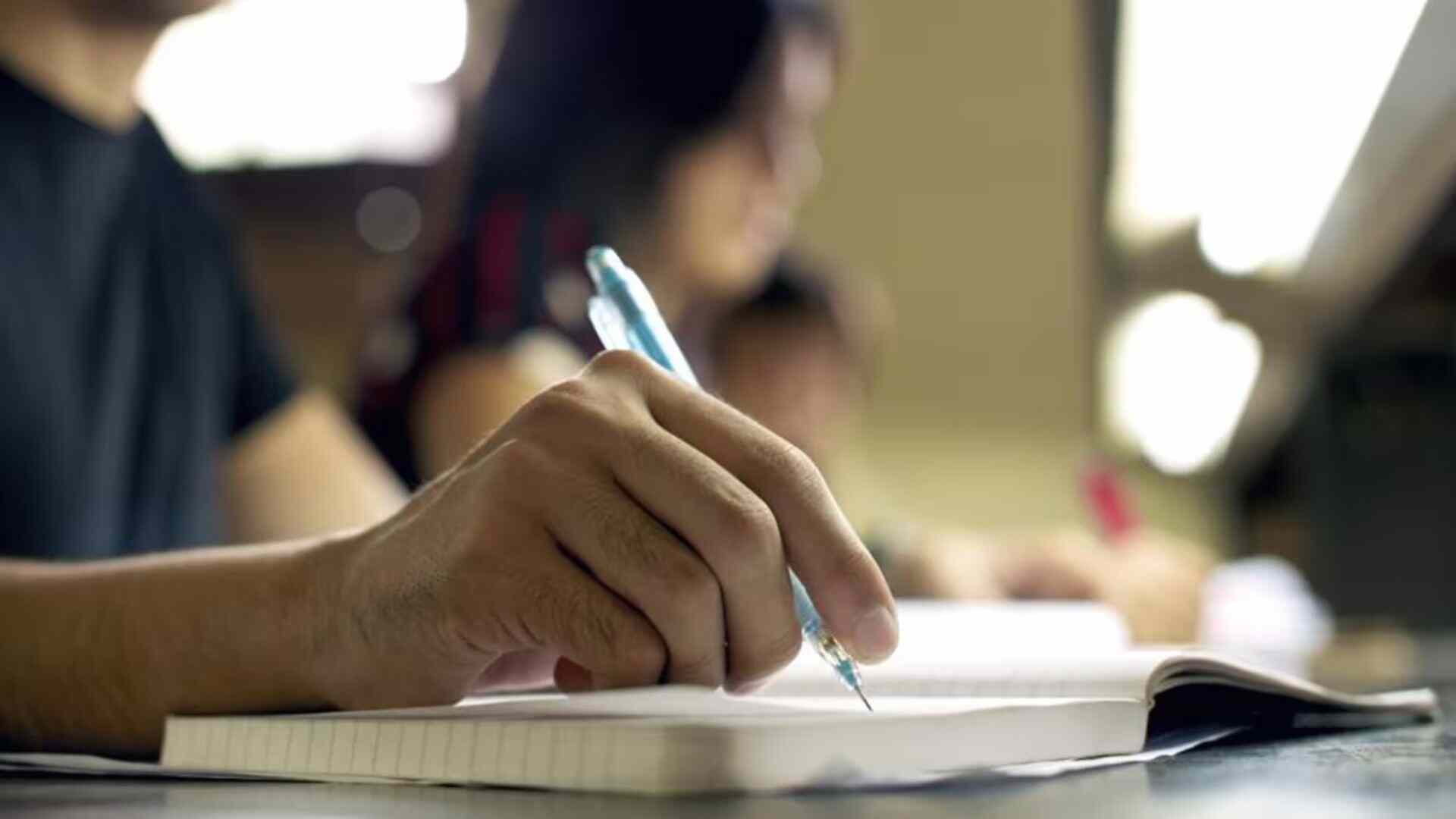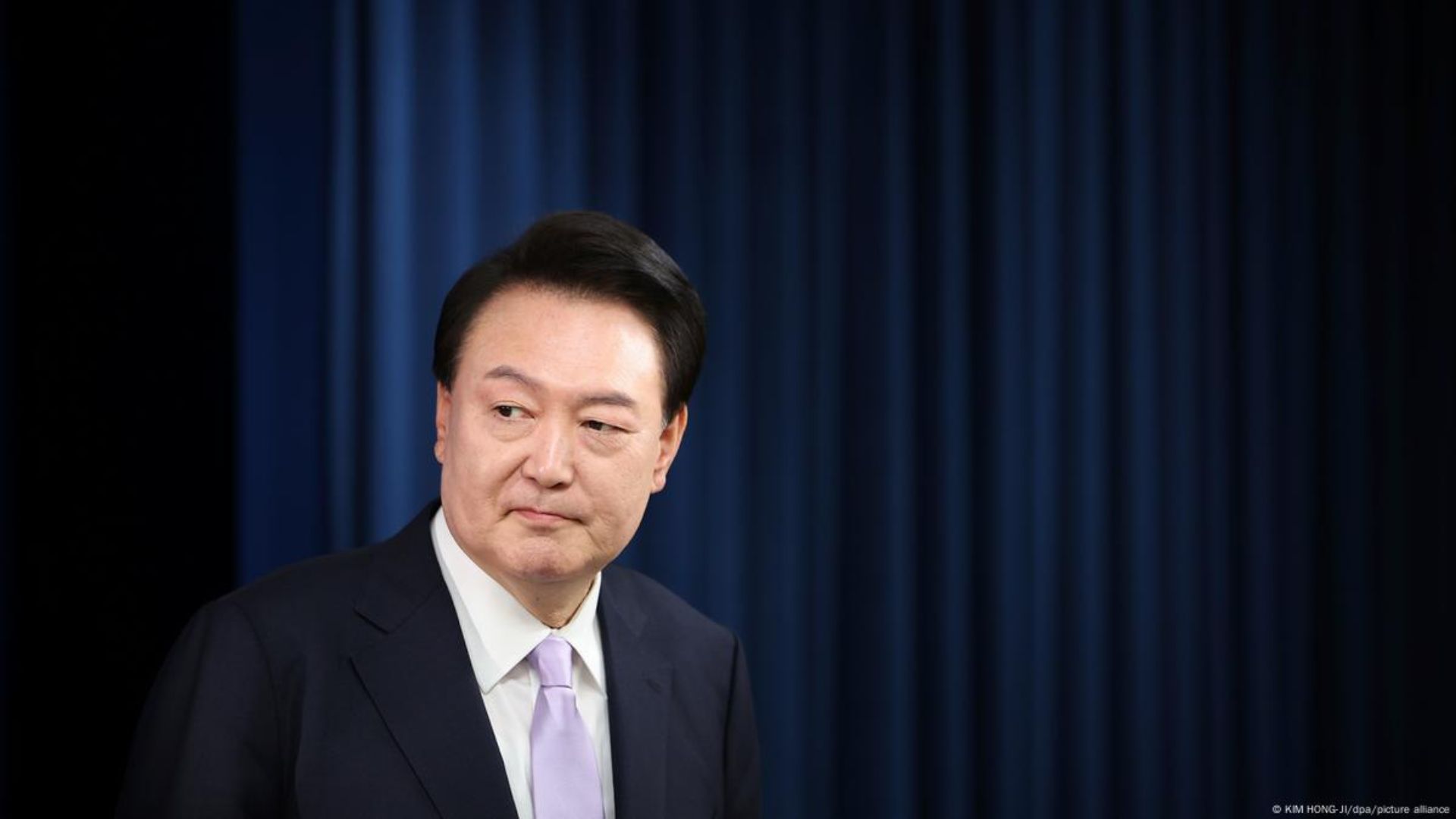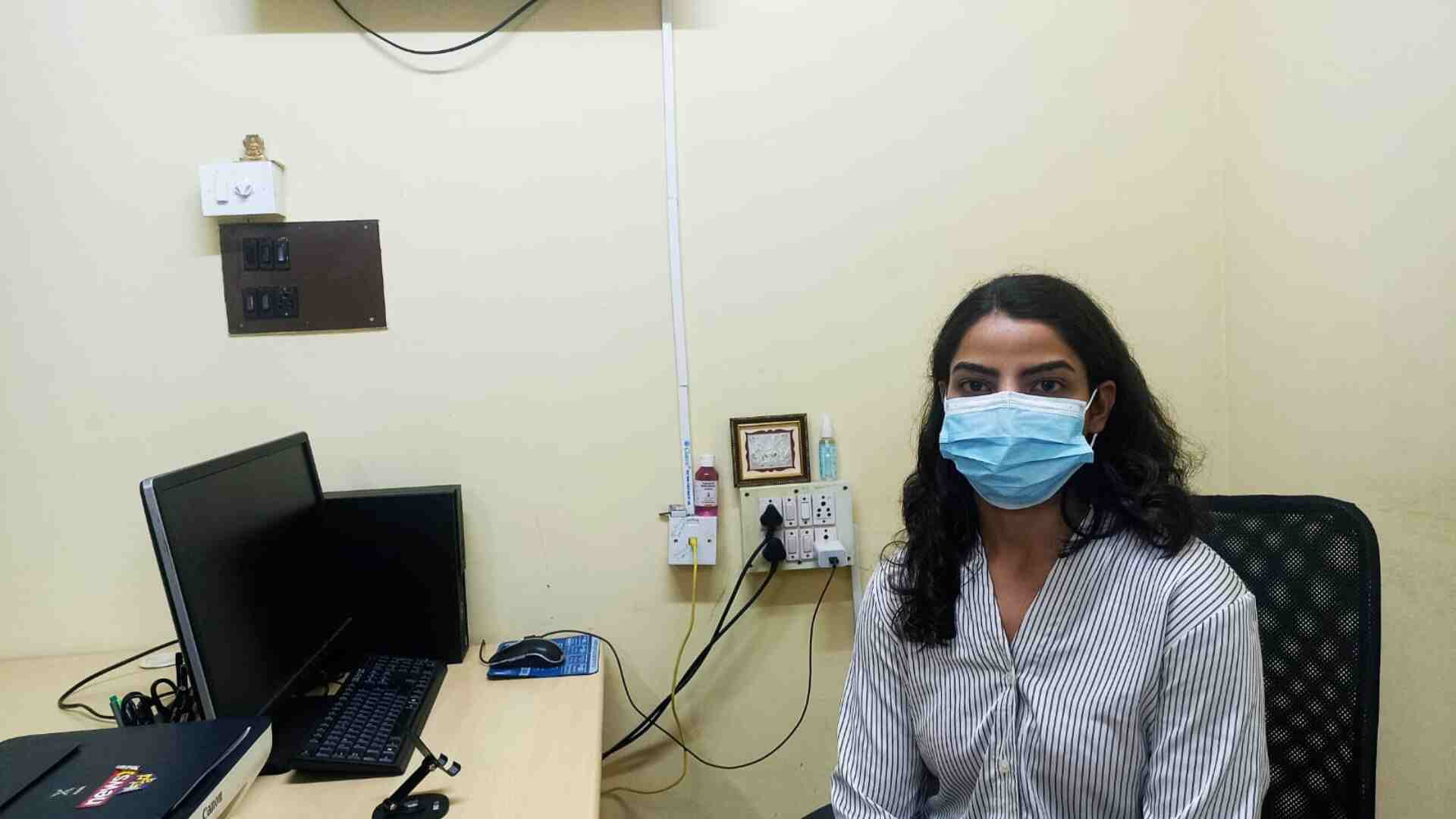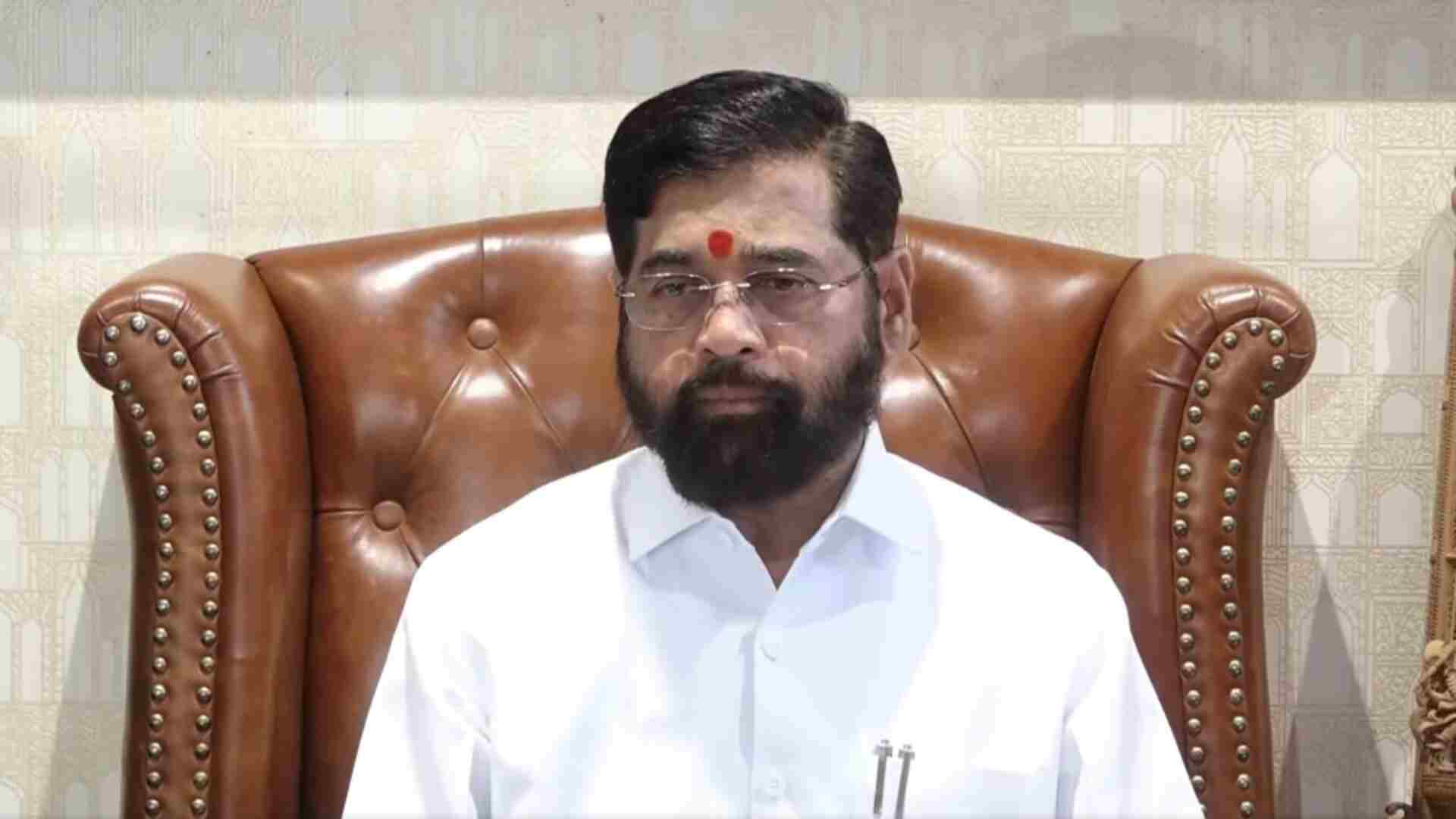
A law student from O.P. Jindal Global University has taken legal action against the institution, alleging wrongful failure in his end-term examination due to accusations of artificial intelligence (AI) usage.
According to *Bar and Bench*, Kaustubh Shakkarwar, an LLM candidate specializing in Intellectual Property and Technology Laws at Jindal Global Law School, denies the allegations that his answers were AI-generated. Shakkarwar claims that his responses in the May 18 exam for the subject “Law and Justice in the Globalising World” were entirely original.
The dispute began on June 25 when the Unfair Means Committee informed Shakkarwar that his responses were “88% AI-generated,” which led to his failing the course. This decision was subsequently upheld by the Controller of Examinations. Shakkarwar, a former researcher for the Chief Justice of India, now contests the university’s decision in the Punjab and Haryana High Court, arguing that the accusations are unfounded.
In his petition, Shakkarwar asserts that the university failed to provide “an iota of evidence” to support its allegations against him. He maintains that he did not employ any AI tools in his responses, and claims that his submissions were entirely his own work. Furthermore, Shakkarwar argues that since the university did not set clear rules regarding AI use, students should not be penalized for its application in academic work. He stated, “The university is silent to state that use of AI would amount to ‘plagiarism’ and thus, the petitioner cannot be prosecuted for what is not explicitly prohibited.”
Additionally, Shakkarwar, who operates his own litigation-focused AI platform, argues that even if AI were used, it should not automatically imply plagiarism unless it directly violates copyright.
The Punjab and Haryana High Court has ordered O.P. Jindal Global University to respond to Shakkarwar’s petition, with the matter scheduled for hearing on November 14.















